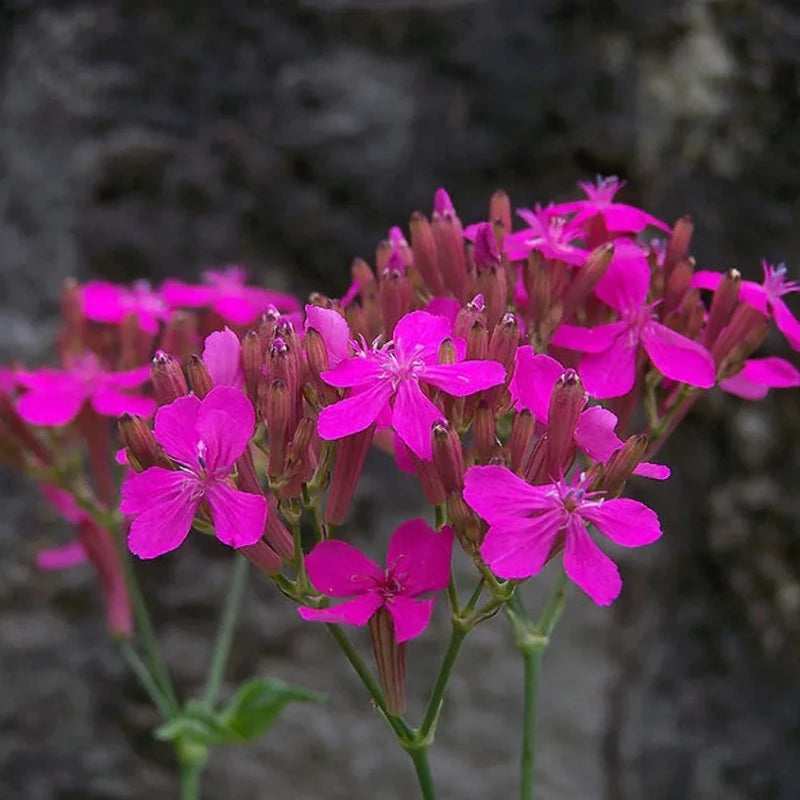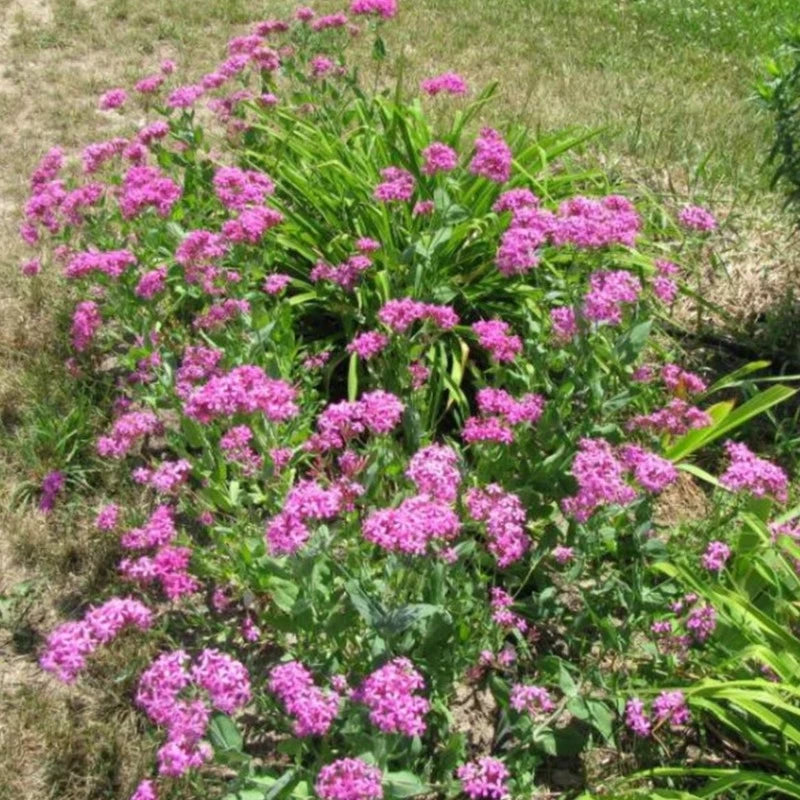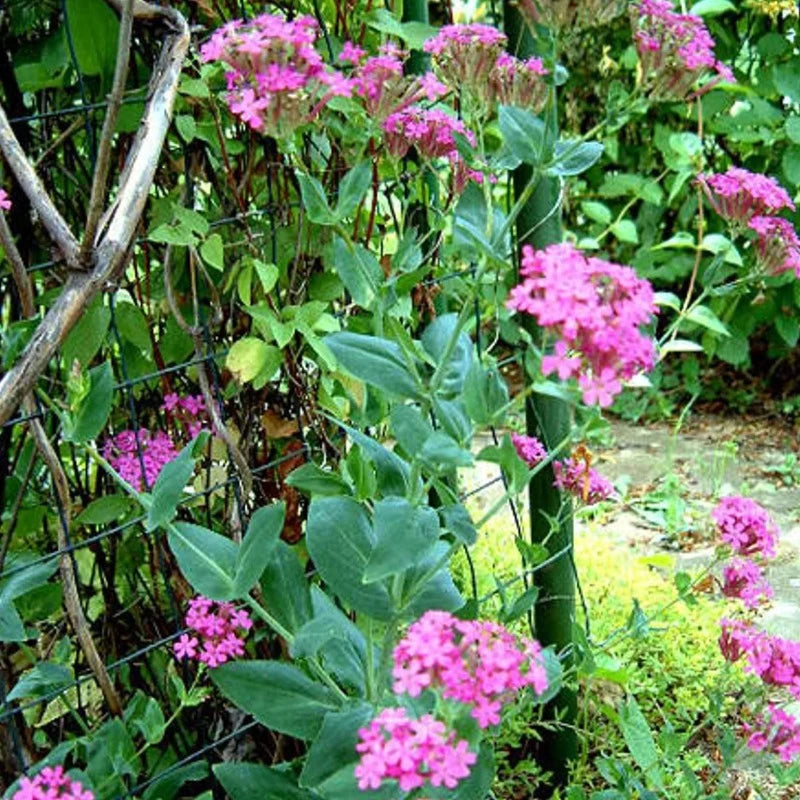- Historical context: Silene, also known as Catchfly or Campion, is a genus of flowering plants in the family Caryophyllaceae. The 'William' variety is not specifically mentioned in historical records, suggesting it may be a relatively recent cultivar or hybrid.
- Geographical origination: The Silene genus is widespread throughout the Northern Hemisphere, but the specific geographical origination of the 'William' variety is not clear.
- Relevant cultural significance: Silene species have been used in various cultures for medicinal and ornamental purposes.
- Time period of discovery: The Silene genus has been known since ancient times, but the 'William' variety's discovery date is not specified.
- Original habitat: Silene species are typically found in a variety of habitats, including meadows, woodlands, and rocky slopes.
- Notable historical uses: Historically, some Silene species have been used in traditional medicine, and many are grown for their ornamental value.
- Ideal temperature range: Silene plants generally prefer cool to moderate temperatures, but specific requirements may vary for the 'William' variety.
- Soil type: Well-drained soil is essential. Silene plants can tolerate a range of soil types, including sandy, loamy, and clay soils.
- Sunlight requirements: Full sun to partial shade is ideal for Silene plants.
- Watering needs: Regular watering is necessary, but the soil should be allowed to dry out between waterings to prevent root rot.
- Planting season: Spring is the best time to plant Silene seeds.
- Germination time: Germination usually takes 14-21 days.
- Growth cycle duration: Silene plants are typically perennial, meaning they can live for more than two years.
- Common pests and diseases: Aphids, slugs, and snails can be problematic. Diseases such as powdery mildew and rust may also occur.
- Companion planting advice: Silene plants work well with other perennials that prefer similar conditions, such as Salvia and Echinacea.
- Common challenges and solutions: Overwatering and poor drainage can lead to root rot. Ensure the soil is well-drained and avoid overwatering.
- Nutritional values: Specific nutritional information for the 'William' variety of Silene is not available.
- Health benefits: While some Silene species have been used in traditional medicine, specific health benefits of the 'William' variety are not known.
- Culinary uses: Some Silene species are edible, but it's unclear whether the 'William' variety is suitable for culinary use.
- Medicinal uses: Historically, some Silene species have been used for medicinal purposes, but specific uses for the 'William' variety are not known.
- Other unique advantages: Silene plants are often grown for their ornamental value, and the 'William' variety may also be attractive in the garden.








